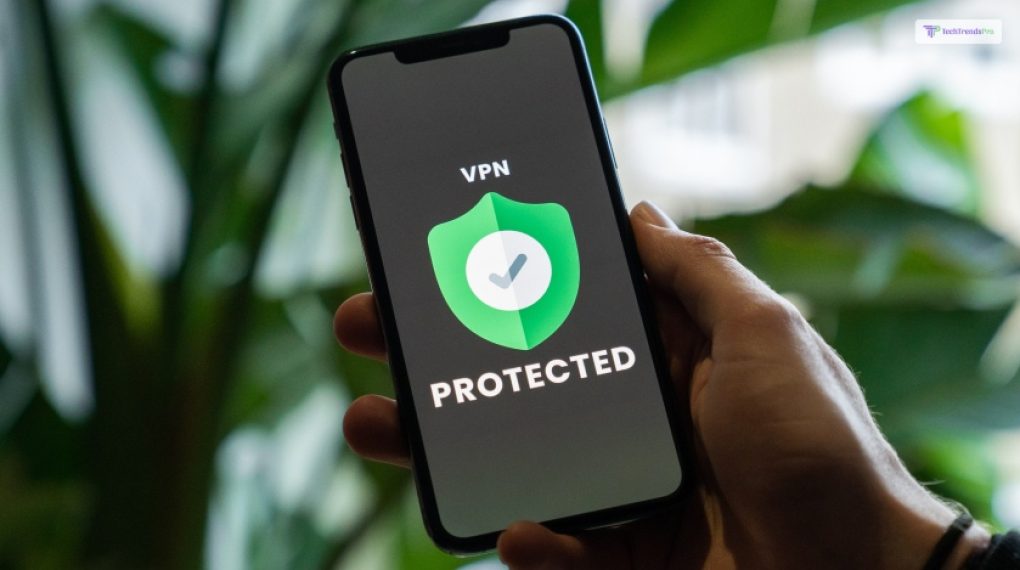
No matter the size of your business, it could be at risk of a cyberattack. More small businesses offer their employees mobile devices to help with work. Still, if you don’t secure them, they can become a risk for your company. Let’s find out best ways of improving Mobile Security for Small Businesses.
We gathered all the essential tips for improving mobile security for a small business. If you’re ready to make the changes to make your business more secure, keep reading!
1. Offer Cybersecurity Training to Employees

One of the best ways to make your mobile devices more secure is to offer more training to your employees. If you give them a smartphone, you should ensure they won’t accidentally cause a data breach with it. Plus, educating employees will make your small business more secure overall.
Offer mandatory training on how to recognize and avoid mobile cybersecurity threats. Your workers should be aware of the following:
- Malware: Malicious apps and other software that attack mobile devices.
- Riskware: Apps that exploit permissions on a smart device. They may ask permission to use your camera or microphone, even when they have no reason to. For example, a note-taking app that tracks your data or turns the camera on to record when it shouldn’t.
- Phishing attacks: Fraudsters trick employees into giving out information like their passwords or bank details.
- Social engineering: Fraudsters manipulate employees into giving them remote access to their devices. They usually take personal and financial data.
- Free Wi-Fi: Connecting devices to public Wi-Fi can open them to hackers. Your team should use their mobile data when out or a VPN if they absolutely need to connect to a public Wi-Fi server.
During these training sessions, you can also educate employees on new cybersecurity threats and the policies you have to deal with them. The more your team understands cybersecurity, the safer your small business will be.
Read More: Cyber Security for SME Wireless Networks
Make an Easy-To-Understand Policy
You’ll want to curate a clear cybersecurity policy that your team can follow. If you’re unsure what needs to be done, you can ask a cybersecurity professional to help you.
Your small business will rely on the knowledge that your employees have when it comes to online security. If there’s a clear policy in place for them to follow, you won’t run into nearly as many issues.
You’ll want an Acceptable Use Policy (AUP) for any devices used for work at your small business. Following the policy should help employees avoid a lot of risks. It should also be easy for them to access whenever they want to review it.
2. Offer Encrypted Smartphones
Next, you must offer encrypted devices for your employees. An encrypted smartphone protects sensitive data such as credit card numbers and passwords. It’s essential on work phones, so hackers can’t access data that leads to a company breach.
Essentially, encryption makes everything on the phone indecipherable outside of it. It uses a key only the device can access, making it impossible for anyone else to read the data from another device.
Encryption offers many benefits to work devices as well. It protects data, even if you have to factory restart the phone. It also saves your small business money since you won’t have to worry about paying to fix data leaks. The average data breach cost for a small business is around $108,000, although several factors can impact the price.
In short, you’ll want to ensure that your employees use encrypted smartphones. Doing so protects your small business and can help you avoid the expensive costs associated with data breaches if something were to go wrong.
3. Have Employees Use VPNs

Above, we briefly mentioned VPNs. VPNs, or virtual private networks, encrypt connections from mobile devices. That way, the smartphone is always protected. Using a VPN can protect from data breaches since it utilizes encryption.
VPNs are critical to keeping company secrets inside the company only. They’re especially useful if your employees will be working remotely and may access public Wi-Fi with their phones.
Overall, you should consider quality VPNs a necessity. Discuss what they are and how to use them during your team’s cybersecurity training.
4. Consider Using MDM
You can also use mobile device management (MDM) services. This software allows you to access the company’s smartphones from anywhere. You can use it to enforce cybersecurity policies on devices and ensure that your team uses them responsibly.
Using MDM also lets you check that employees aren’t modifying the device through jailbreaking, unlocking, or rooting, which can make them more susceptible to attacks. If the user also makes a mistake when trying to do this to do their mobile device, it could break them. So, it’s best to know if it’s happening.
In short, you should be able to monitor your workers’ smartphones. You’ll want to monitor the devices to ensure they won’t cause a security breach in the future.
5. Don’t Stop Evolving Your Mobile Cybersecurity
Cybersecurity threats are always changing, meaning what works now to protect company smartphones might not work as well in the future. You’ll want to ensure you and your team stay on top of threats and know how to prevent attacks.
Small businesses can be targeted more often than large ones because hackers believe they’ll have an easier time getting your sensitive information. You’ll need to invest in security to ensure that doesn’t happen.
Having a cybersecurity professional at your small business would be a good idea. They’ll check for gaps in your security and repair them. Plus, they’ll know about threats before anyone else and can prevent data breaches.
Read More: Cyber Attack – Important Ways To Improve Cyber Security
Small Business Need Mobile Security Too
Just because you’re a small business doesn’t mean that you can get away with skipping on your mobile security. Your company has a lot of sensitive data to protect, which can be leaked through those devices all too easily.
Spending time educating your employees on cybersecurity threats and how to avoid them is the best thing you can do. From there, you’ll want to ensure their devices are encrypted to offer the best security.
Read Also:






